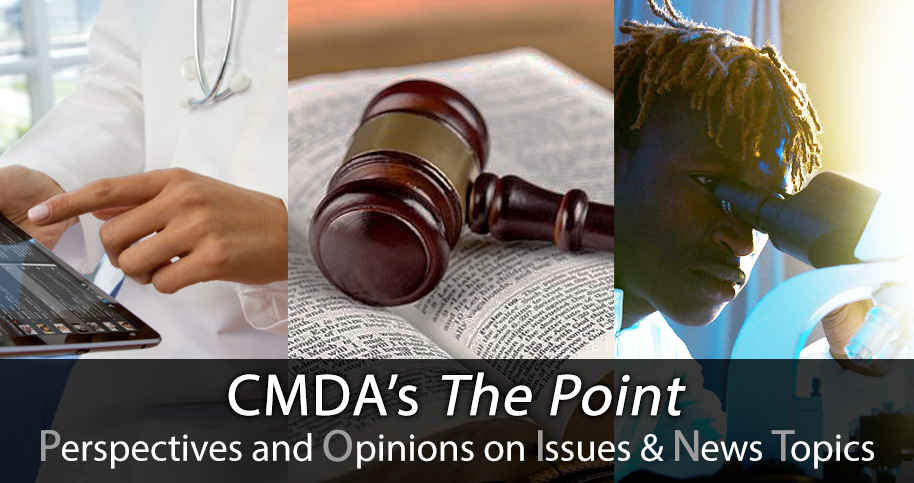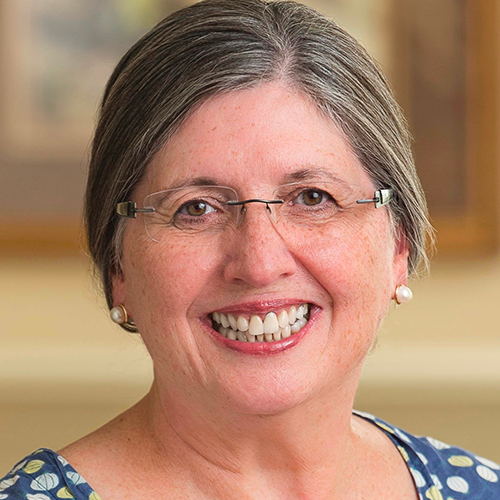
The Point Blog ARCHIVE
All articles found in the archive are more than three years old.
The purpose of this blog is to stimulate thought and discussion about important issues in healthcare. Opinions expressed are those of the author and do not necessarily express the views of CMDA. We encourage you to join the conversation on our website and share your experience, insight and expertise. CMDA has a rigorous and representative process in formulating official positions, which are largely limited to bioethical areas.
New Chinese Study Opens Ethical Can of Worms
October 19, 2017
by D. Joy Riley MD, MA (Ethics)
The Protein & Cell report of a “serious blood disorder” corrected by “chemical surgery” sounds like a dream come true. Ian Sample’s recent article in The Guardian also made the process sound efficient and clean, even sterile: “The scientists found that it was possible to repair a faulty gene that gives rise to a serious blood disorder called beta thalassemia which can be caused by one misspelling in the DNA code.” A look behind the headline reveals some important facts to consider.
Undoubtedly, β-thalassemia major is a formidable diagnosis for parents to hear. It is reasonable to desire to correct the disorder. But how to correct it is the issue: are there ethical limits to methodologies employed?
The study referenced by Sample was conducted in China, where 15 of the 16 authors have appointments. The remaining author is affiliated with Baylor University in Houston, Texas. The goal of the study was to try to correct (in embryos) the HBB–28 (A>G) mutation, which is prominent in China and Southeast Asia patients with β-thalassemia. One hospital ethics committee approved it: the Ethical Committee of the First Affiliated Hospital of Sun Yat-sen University. Additionally, written informed consent (not fully detailed in the journal article) was obtained from both the infertile couples donating their immature oocytes and the patients with β-thalassemia who were donating cells (blood and skin fibroblasts) for the research.
The investigators cloned embryos by fusing the enucleated matured oocytes with the donated lymphocytes (30 embryos) or fibroblasts (35 embryos) from the thalassemia patients. The writer at The Guardian assures readers, “None of the embryos treated in the experiments were used to produce babies, and doing so would be illegal in the U.K. and many other countries.” That 65 embryos could be so constructed and destroyed can only assure the minds of those who do not deem human embryos “fully human.”
The authors began their discussion, “Although we did not achieve 100% repair in human embryos….” and concluded it thusly, “Intriguingly, we found that HBB−28 (A>G) mutation repairing efficiency was about 20% in the constructed cell line and primary skin fibroblast cells. Although 10.7% of the repaired skin fibroblast cells were heterozygous, it is still able to cure anemia….” They also concluded that “high repairing efficiency” will result in new therapeutics for β-thalassemia.
Liang, et al, called for a discussion of other issues as well: “Moreover, in addition to technical issues, ethic and societal issues associated with germline gene therapy need to be investigated and discussed thoroughly before the clinical application.”
I concur about the need for a discussion. Here are some questions to get the conversation rolling:
- If embryos are our vulnerable brothers and sisters, is embryo research ever appropriate? If so, in what way, and to what degree?
- Could we rather attempt the correction of such a genetic mutation in individuals already born?
- What other kind(s) of help or support can we offer to those struggling with/suffering from inherited diseases?
- Should research protocols be approved by all institutions represented by all the authors in a study?
- Do women and men have the right to consent to the production and subsequent destruction of embryos created from their gametes and somatic cells? If so, where is that right derived?

